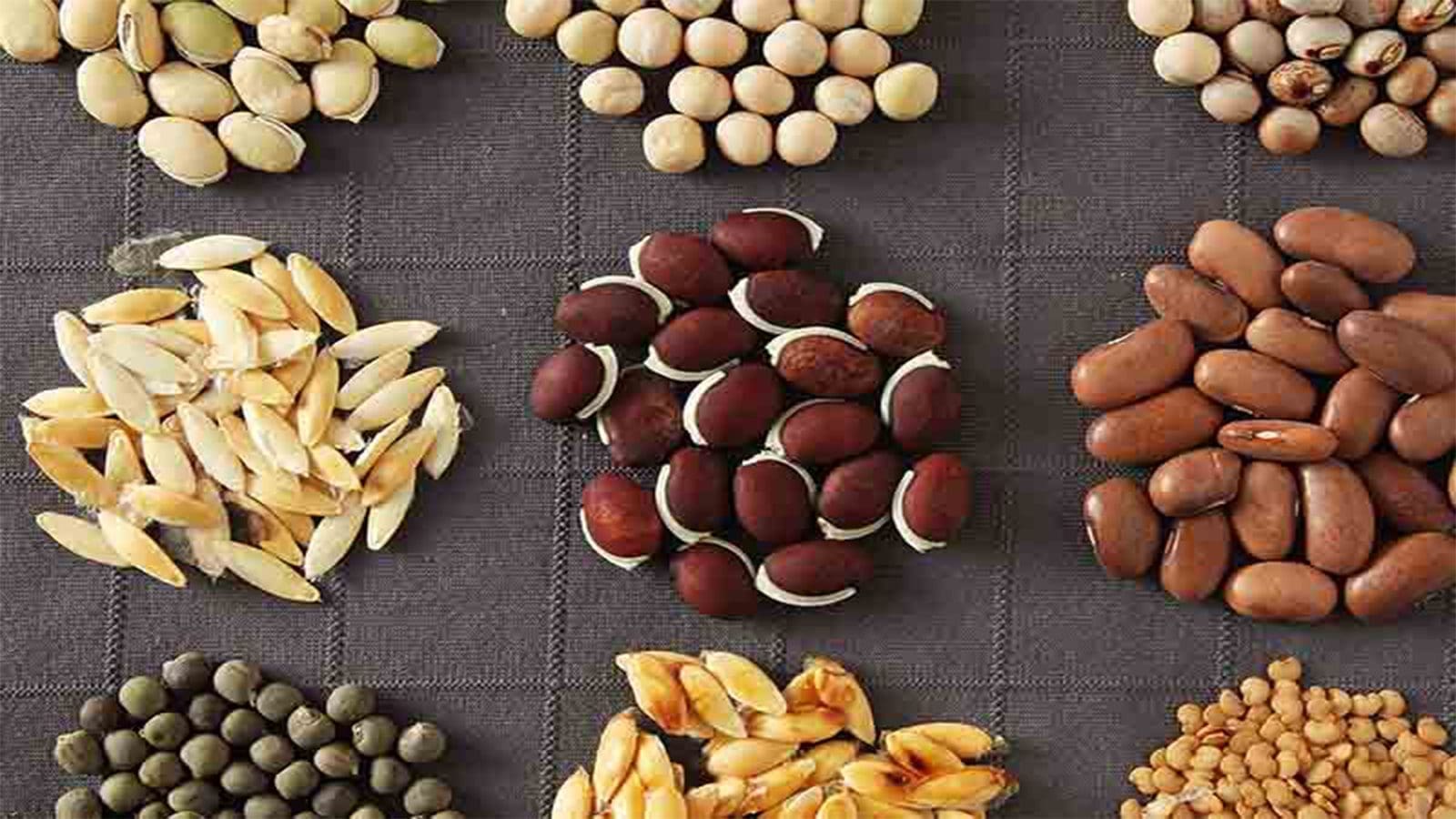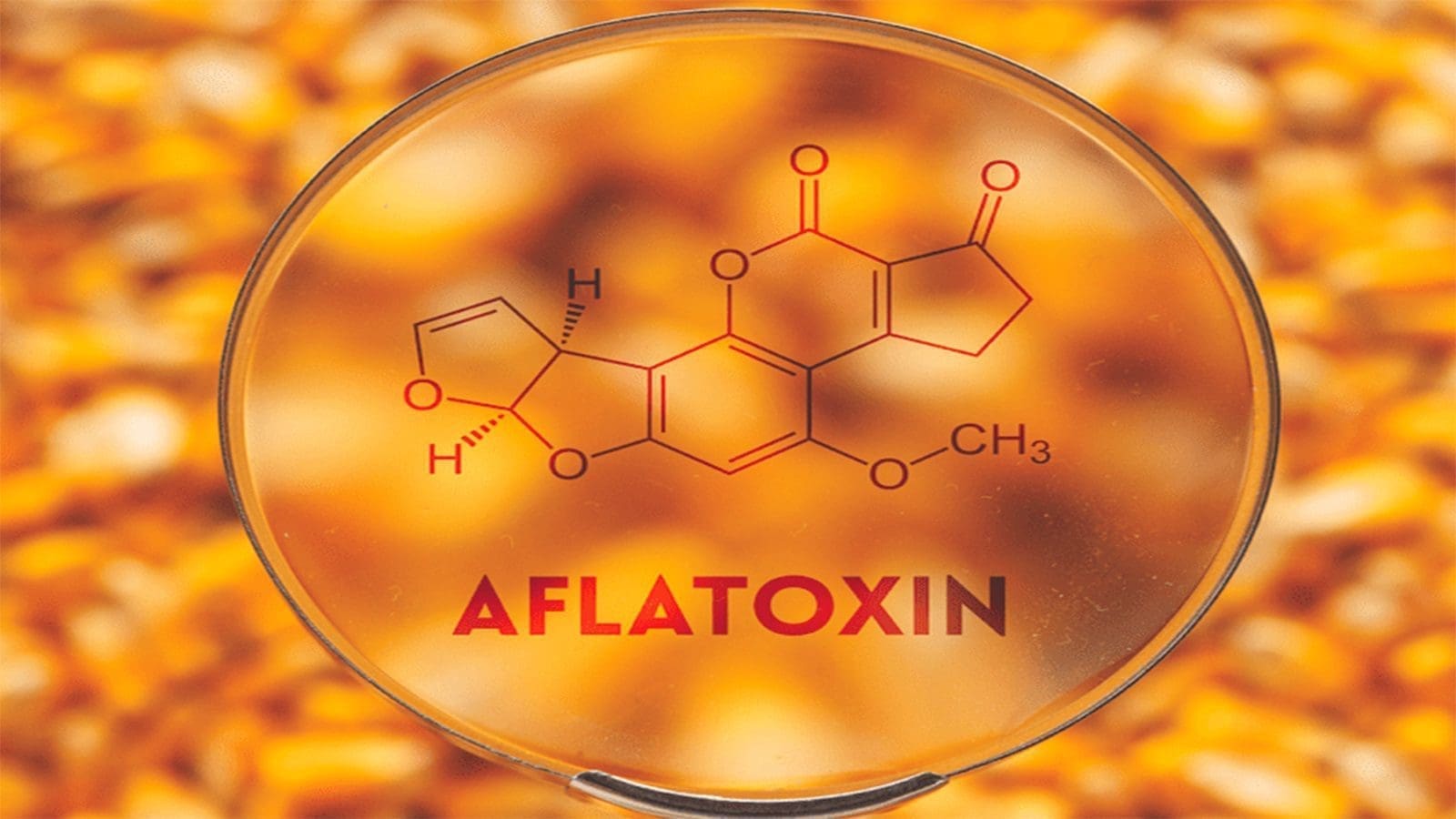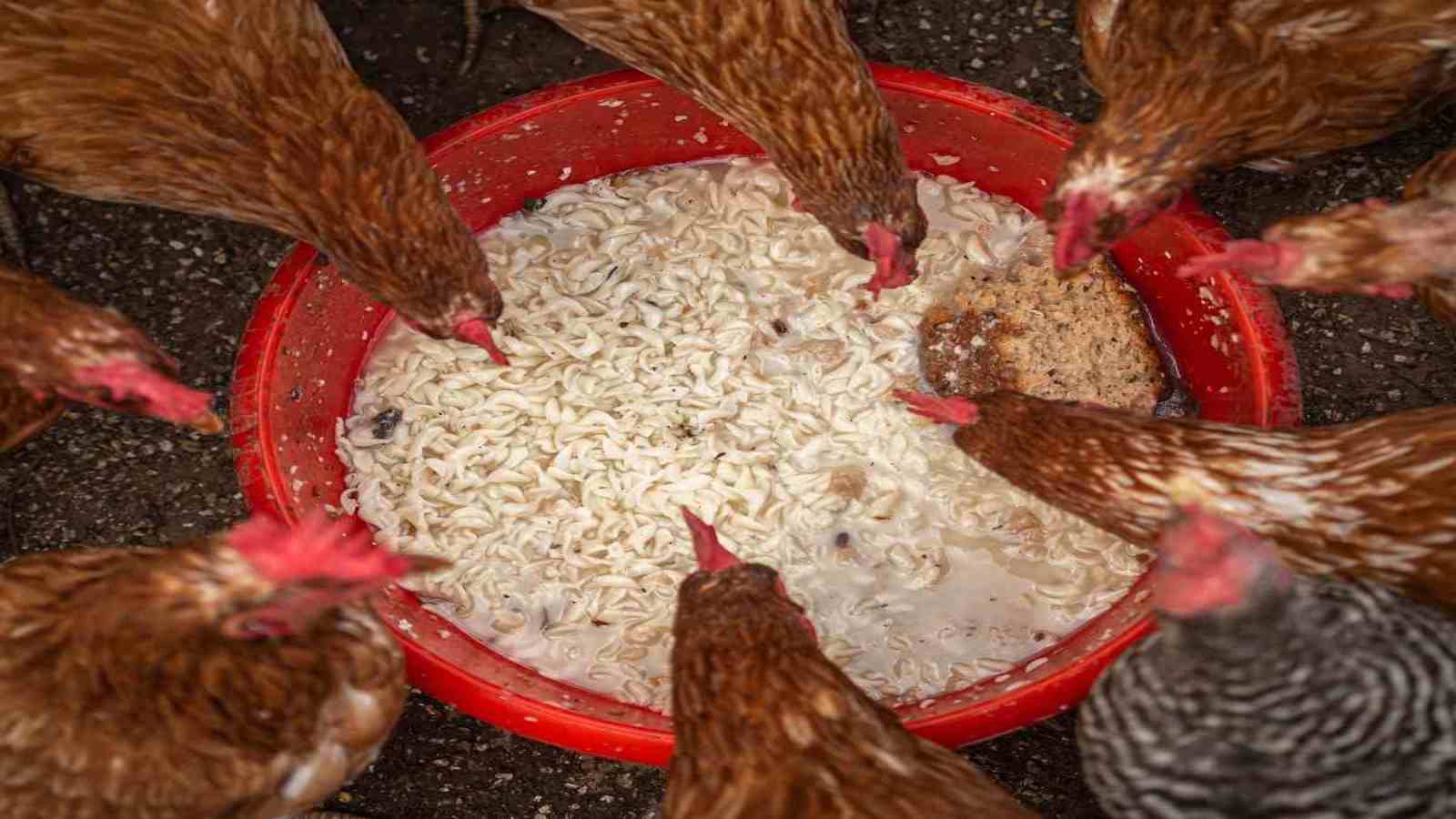UGANDA – The government has stated that it intends to pass legislation to help the nation combat the growing problem of market-available bogus seeds.
The bill, which is now in the drafting process, will make it more expensive to trade in counterfeit seeds in the nation, according to Alex Bamboona, Assistant Commissioner for the Agriculture Ministry responsible for Food and Nutrition Security.
“For all seeds in the country, we have put in place an e-traceability mechanism to capture culprits, but there is a problem of the law.
“We are trying to revise it and tighten things so that it is expensive to indulge in malpractices,” he said.
He claims there are enough guidelines in place to guarantee that farmers only receive high-quality seeds, but seed corporations and individuals driven by greed for profit ignore them.
“The area of concern is the companies in the supply chain; we need strong mechanisms to ensure the regulatory framework is adhered to,” Bamboona added.
In order to assess the issues still facing the northern area as it attempts to recover from the conflict waged by the Joseph Kony-led Lord Resistance Army, Bamboona spoke on Wednesday during a stakeholder meeting.
The Assistant Commissioner spoke at an event in the country’s Northern region organized by Advance Afrika with assistance from the Development Initiative for Northern Uganda (DINU) and in collaboration with the Office of the Prime Minister. Members of Parliament and LC chairpersons from the area also attended.
Funded by the European Union, DINU seeks to foster linkages between smallholder farmers, agro-processors, and market operators through the promotion of production and marketability of 10 commodities including groundnuts, onions, tomatoes, moringa, apiary, local poultry, Irish potatoes, beans, soya beans, and vegetables so as to fight household poverty.
Counterfeit (fake) seeds continue to be a big threat to Uganda’s seed sector because they reduce farmers’ confidence in certified seeds due to cases where farmers unknowingly plant inferior quality grain labeled as certified seeds.
Additionally, it jeopardizes the success of initiatives to encourage the adoption of better varieties since farmers are unsure of which seed is genuine, reports New Vision.
The Uganda National Bureau of Standards (UNBS) estimates that 30% of the seed sold only in Uganda is fraudulent.
At the start of the year, Uganda’s Ministry of Agriculture Animal Husbandry and Fisheries (MAAIF) destroyed 90 tonnes of substandard and counterfeit assorted agricultural products – including seeds, fertilizers, and herbicides – that were seized in enforcement operations.
The Monitor, a local newspaper, reported that the illegal goods, which are thought to be worth 2 billion shillings (about $540,000), posed a risk to farmers’ livelihoods and health.
In order to make it more difficult for unscrupulous players to infiltrate the supply chain, MAAIIF is collaborating with National Information Technology Uganda (NITA-U) on a digital agrochemical traceability system that would track products from points of entry into Uganda to end users.
The national Agro Chemicals Board’s (ACB) efforts have already resulted in a decrease in the quantity of substandard agrochemicals confiscated, from 30 tons in 2018 to only five tons in 2020. The ultimate goal is to completely eliminate these items from the market.
For all the latest food safety news from Africa and the World, subscribe to our NEWSLETTER, follow us on Twitter and LinkedIn, like us on Facebook and subscribe to our YouTube channel.








